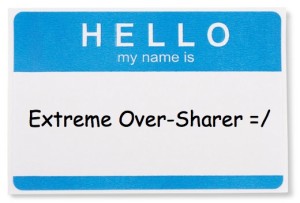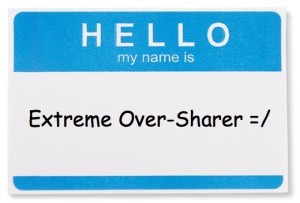 What if the bottom quarter of your sales team could produce as much or more revenue than the top quarter? What would that do for your company?
What if the bottom quarter of your sales team could produce as much or more revenue than the top quarter? What would that do for your company?
What would happen if you replaced the bottom quarter of your sales team with “A” players that get consistent over the top results?
When I talk to CEOs about this issue and ask these questions, they often give me these excuses (because that’s what they are, excuses):
Belief– We get fooled into thinking they are A players when we interview them. By the time we figure out that they aren’t, we are already too invested.
Reality– You aren’t assessing them properly. Sales people, especially ones that have had many sales jobs are professional interviewers. They know what to say and how to say it so you will be completely impressed and blown away by how much “potential” they have. We are blinded by the charisma and charm they have! You need a non-subjective sales assessment to help give you additional tools to get out of the emotion, the falling in love, and get to the heart of what this person is about.
Belief- “We really can’t afford to pay for “A” players”. They tend to be expensive.
Reality- Guess what? You are already paying for them through your lost business! Additionally if we monitored better the progress of a new hire and stop allowing excuses to drag out the pain, we would know sooner and loose less.
Belief– “We have loyal C players in sales that have been with us in sales for years, through thick and thin. We can’t just let them go!”
Reality – Just let them go? How long have they been C players? If it just started, maybe you need to find out why and give them an opportunity to improve. If its been going on a long time, you at least need to wan them or see if there is another position that might be better for them internally.
Belief – We want to hire fresh new players in sales but we can’t afford to train them.
Reality– Typically go get raw talent and train them your way is the better way to go. You can afford to hire them, put money into training and monitor as you go. If they aren’t beginning quickly to “get it”, cut your losses quickly. We tend to hand on to seasoned salespeople longer because they “must just need more time”. In that case then the ‘newbie’ might be just the answer.
Belief– I’m not sure where to find “A” players. When I am looking for someone new I can rarely find someone I would consider an A player.
Reality– Of course not! “A” players aren’t out looking through the regular channels! They are either on a job and you need to typically seek them out or they put their feelers out when they are looking and are scooped up immediately! If a great salesperson is an asset, not a liability, don’t you want additional assets all of the time?
Here is the question I would ask you. If you found an A player today, someone better then your best salesperson, wouldn’t you find a place for them? Of course you would, so why aren’t you looking every day!! That’s right! You or your sales director should be interviewing at least 2-4 candidates a week even when you don’t have a spot for them. How else will you find the gold!!
Greta Schulz is President of SchulzBusiness, a sales Consulting and Training firm. She is a best selling author of “To Sell IS Not To Sell” and works with fortune 1000 companies and entrepreneurs. For more information or free sales tips go to www.schulzbusiness.com and sign up for ‘GretaNomics’, a weekly video series or email sales questions to greta@schulzbusiness.com





